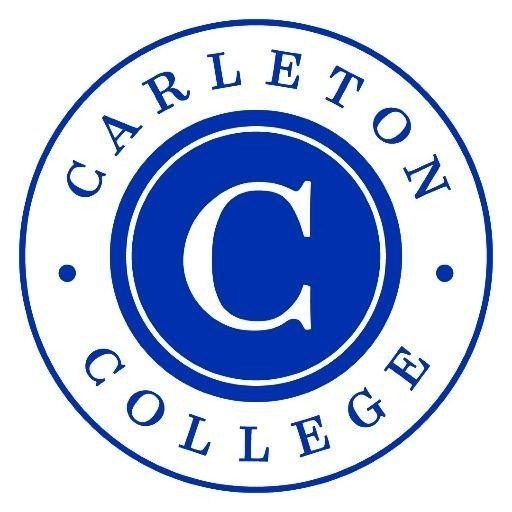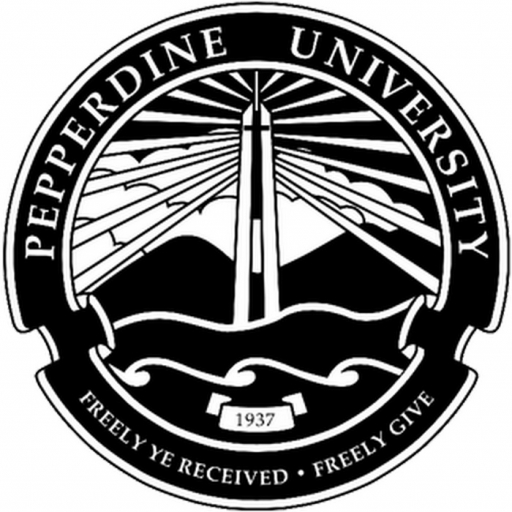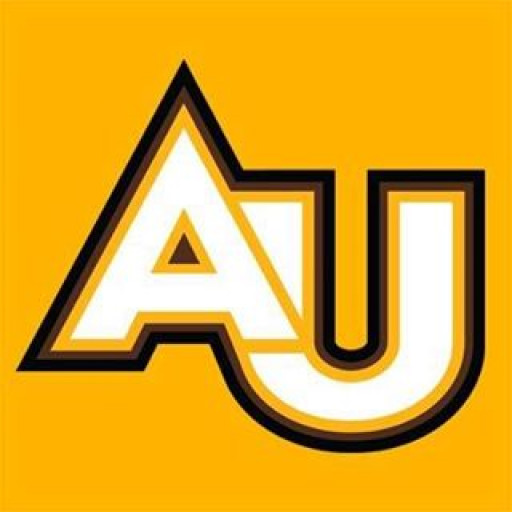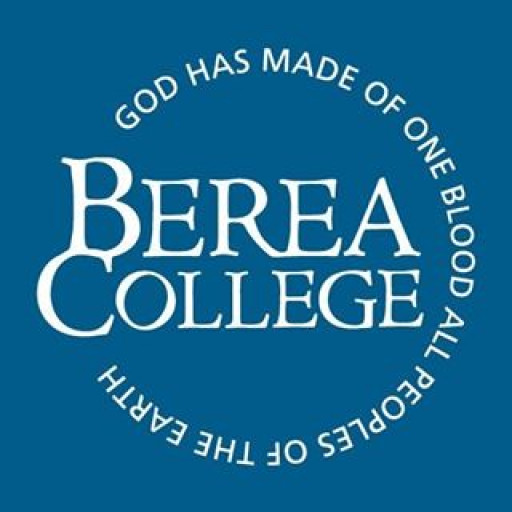Photos of university / #carletoncollege
In a liberal arts college like Carleton, religion is understood as a field of inquiry within the humanities and social sciences. The historic traditions of the major religions are studied, as well as the problems and issues addressed by religion, such as the nature and goals of human existence, the problem of human estrangement, and the question of the objects of a person's ultimate allegiance.
Field of study: Religion/Religious Studies, Theology/Theological Studies
The Religion major at Carleton College offers students an in-depth exploration of diverse religious traditions, thought, practices, and their roles in shaping human experience across cultures and historical periods. This program is designed to foster critical thinking, analytical skills, and cultural understanding through rigorous coursework and engaging discussions. Students will have the opportunity to examine sacred texts, religious doctrines, rituals, and institutions, as well as explore the social, political, and ethical implications of religion in contemporary society.
Throughout the major, students are encouraged to analyze religious phenomena from multiple perspectives, including historical, philosophical, literary, and anthropological viewpoints. The curriculum includes courses on world religions such as Christianity, Islam, Hinduism, Buddhism, Judaism, and indigenous spiritual traditions, as well as thematic courses on topics like religion and ethics, religion and gender, religion and politics, and religious art and literature. Students can also pursue specialized topics such as religious thought in the modern era, the role of religion in social justice movements, and interfaith dialogue.
In addition to core courses, students are expected to undertake independent research, participate in meaningful discussions, and engage with current issues related to religion. The program emphasizes the development of writing, critical analysis, and interpretative skills necessary for careers in education, law, social services, international relations, journalism, and faith-based organizations. Opportunities for experiential learning include internships, community engagement, and study abroad programs focused on religious contexts.
The faculty dedicated to the Religion department at Carleton College comprises experts with diverse research interests, from ancient religious texts to contemporary religious movements, ensuring students receive comprehensive and up-to-date instruction. The program aims to cultivate informed, empathetic, and analytically skilled graduates prepared to navigate and contribute thoughtfully to a pluralistic world. Whether students are exploring personal spiritual questions or preparing for careers that require deep cultural literacy, the Religion major provides a foundation for understanding the complex ways in which religion influences individuals and societies.
Requirements for the Religion Major at Carleton College typically include completing a set of foundational courses, a series of advanced electives, and a senior capstone project. Students are expected to take introductory classes that cover a broad overview of religious traditions, emphasizing historical development, core beliefs, practices, and cultural contexts. These courses might include topics such as Comparative Religious Traditions, Religious Thought and Practice, and Introduction to World Religions. To deepen their understanding, students often select from a variety of electives specializing in areas like Christianity, Islam, Buddhism, Hinduism, Judaism, indigenous religions, and new religious movements.
In addition to coursework, students are encouraged to engage in critical analysis and interpretative skills, which are developed through secondary readings, discussion seminars, and research projects. A significant component of the major involves a senior comprehensive project or thesis that demonstrates the student’s ability to conduct independent research on a specific topic within the field of religion. This project typically requires identifying a research question, synthesizing scholarly sources, and presenting findings in a well-organized paper.
Furthermore, students may be required to participate in related activities such as internships, community engagement projects, or study-abroad programs to gain practical experience and broaden their perspective on religious practices across different cultures. The program also emphasizes the importance of cross-disciplinary approaches, encouraging students to integrate insights from history, philosophy, anthropology, and literature.
Language proficiency in relevant ancient or modern languages, such as Latin, Hebrew, Sanskrit, or Arabic, may be recommended or required for certain specialized tracks or research projects. To successfully complete the major, students should complete a minimum of ten courses in religion, including core courses and electives, and maintain satisfactory academic performance. Overall, the program aims to cultivate critical thinking, cultural literacy, and ethical awareness, preparing students for careers in education, ministry, public policy, or advanced graduate study in religious studies or related disciplines.
Financing for the Religion program at Carleton College is primarily covered through a combination of institutional resources, merit-based scholarships, need-based financial aid, and external funding opportunities. As a private liberal arts college committed to making education accessible, Carleton offers a comprehensive financial aid program that includes grants, scholarships, and work-study opportunities designed to support students pursuing religious studies. Students admitted to the program can apply for financial assistance by submitting the Free Application for Federal Student Aid (FAFSA) and the College Scholarship Service (CSS) Profile, which allows the college to assess their financial need accurately.
Carleton College awards a significant portion of its financial aid based on demonstrated need, and many students in the Religion program receive aid packages that may include grants, which do not need to be repaid, and loans or work-study funds that help offset the cost of education. The college's endowment provides ongoing funding to support financial aid initiatives, making it possible for students from diverse socioeconomic backgrounds to enroll in and complete their studies without excessive financial burden.
In addition to institutional aid, students may seek external scholarships or fellowships from religious organizations, foundations, and community groups dedicated to supporting students pursuing religious studies. Carleton also encourages students to explore federal aid options such as Pell Grants and government student loans, which can supplement institutional aid.
The college provides dedicated advising and resources to help students navigate their financing options, including workshops on financial literacy and planning. The goal is to ensure that financial considerations do not hinder talented students from engaging deeply with the Religion program. Overall, Carleton College’s approach to financing studies emphasizes accessibility, support, and flexibility, aiming to foster an environment where students can focus on academic pursuits in religious studies without undue financial stress.
The Religion program at Carleton College offers students a comprehensive exploration of religious beliefs, practices, texts, and institutions across various cultures and historical periods. The curriculum is designed to foster critical thinking, analytical skills, and an understanding of the complex role religion plays in shaping societies and individual identities. Students in the program have the opportunity to study major world religions such as Christianity, Islam, Judaism, Buddhism, Hinduism, and indigenous traditions, alongside a range of other belief systems and spiritual practices. The program emphasizes interdisciplinary approaches, incorporating perspectives from history, philosophy, anthropology, and literature to provide a well-rounded understanding of religious phenomena.
Students can engage with foundational texts, participate in discussion-based seminars, and undertake independent research projects. The program encourages critical inquiry into topics such as ethics, theodicy, ritual, myth, and the role of religion in contemporary issues like social justice, globalization, and interfaith dialogue. Additionally, Carleton's close-knit community and dedicated faculty provide personalized mentorship and support for students pursuing independent study or capstone projects in religious studies.
The department also offers opportunities for studying religion in diverse contexts, including study abroad programs and fieldwork, which deepen students' appreciation for religious diversity and comparative analysis. Graduates of the program often pursue careers in education, international relations, non-profit organizations, or continue their academic journeys in graduate school. Carleton College’s Religion program is committed to fostering open-mindedness, cultural awareness, and ethical reasoning, preparing students to engage thoughtfully with the world's religious traditions and contemporary religious issues.




